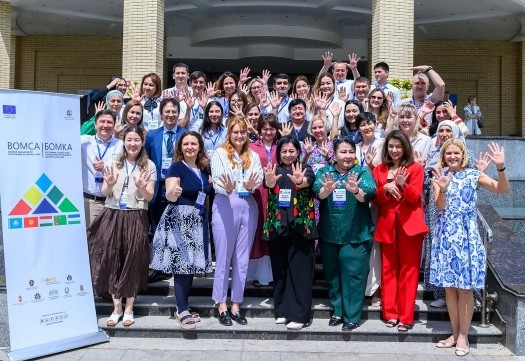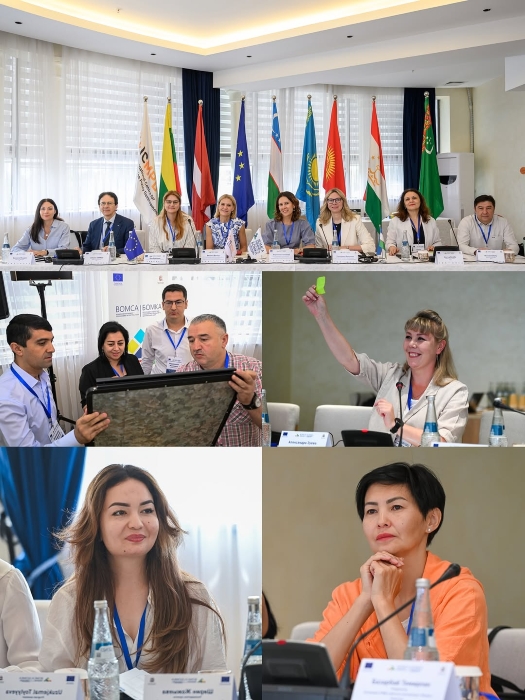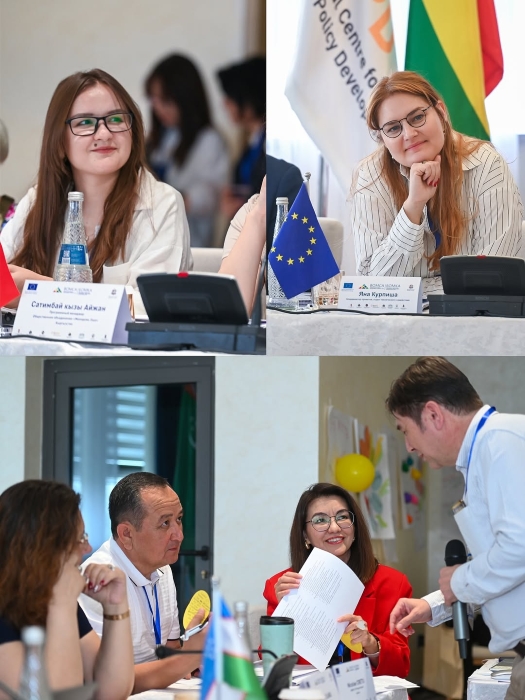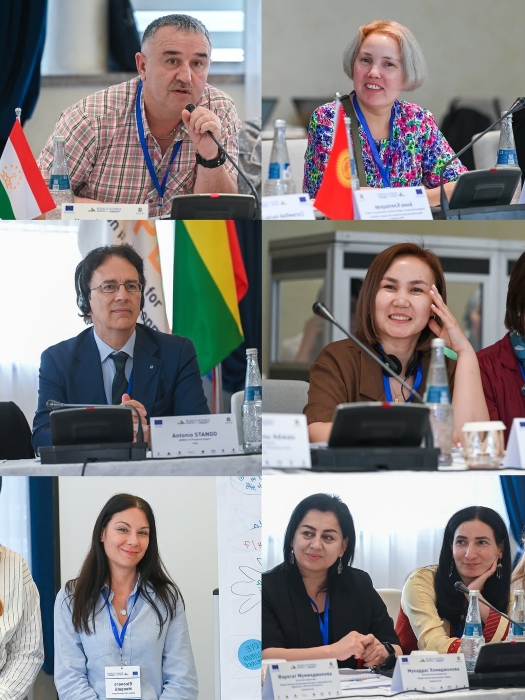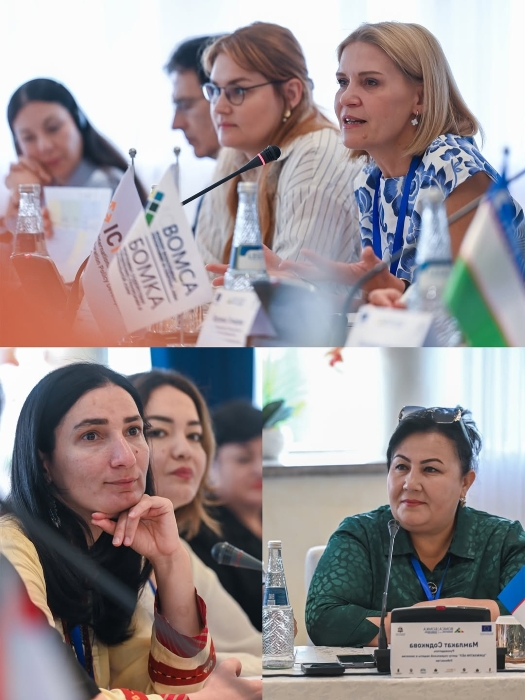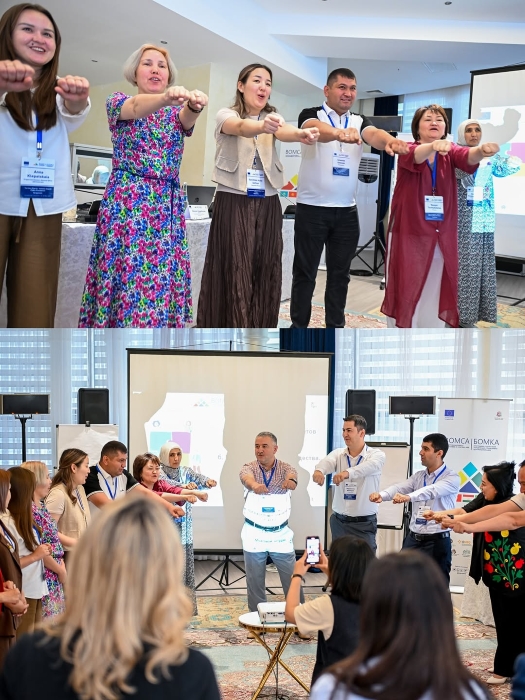Representatives of non-governmental organizations from Turkmenistan took part in a regional training camp on the project management cycle, held in Samarkand (Uzbekistan) from May 26 to 30 as part of the European Union’s BOMCA 10 program. This was reported by the event organizers.
The camp aimed to enhance the professional competence of civil society representatives from Central Asia in project planning and the implementation of initiatives at local and regional levels.
Over the five-day program, participants underwent training on key topics, including budget planning, small grant mechanisms, communication strategies for NGOs, anti-corruption approaches, and cross-sectoral collaboration. The training was conducted through thematic sessions, practical assignments, and group project work.
The camp operated on the principle of “learning by doing”: teams developed real projects, presented them, and received feedback from experts.
The camp served not only as a platform for knowledge exchange but also as an important step toward building a regional community of practitioners capable of initiating positive changes in their countries.
“The training camp proved to be an effective platform for sharing experiences and establishing partnerships among NGO representatives from Central Asian countries,” noted Ekaterina Belukova, head of Component 4 of the BOMCA 10 program.
Special attention during the camp was given to creating sustainable initiatives focused on the development of border areas, the protection of vulnerable groups’ rights, and enhancing the institutional resilience of civil society.
The BOMCA 10 program is implemented with the financial support of the European Union and aims to strengthen regional cooperation in border management, development, and security. ///nCa, 5 June 2025 (photo credit – BOMCA)
BOMCA Press release:
EU-funded Boot Camp strengthens civil society in Central Asia
From 26 to 30 May 2025, the Border Management Programme in Central Asia (BOMCA 10), funded by the European Union (EU), organised a regional Boot Camp in Samarkand aimed at enhancing the project management capabilities of civil society organisations (CSOs), particularly those working in the border areas of Central Asia.
As civil society across the region often faces limited resources and fragmented expertise, the Boot Camp provided a structured and practical approach to project development, with a strong emphasis on transparency, accountability and effective communication. Participants received guidance from EU experts and mentors through stages of the project cycle – from concept development and strategic planning to budgeting, monitoring, evaluation and fundraising.
“This intensive five-day Boot Camp transformed the way I approach my work. I’m leaving with a clear strategy, meaningful connections and a fresh perspective on how to bring lasting change to my community” – said Gavxarxon Xusanova, a participant and social worker from “Society of Persons With Disabilities of Uzbekistan”.
Another participant, Sholpan Usmanova, representing the regional public association “Sergali-Turkestan” from Kazakhstan, shared her experience: “Before the Boot Camp, there were always gaps when planning our community projects. This training gave me a clear structure and practical tools to help us create real and measurable impact”.
Participants also highlighted that this initiative not only strengthened their capacity to design and implement projects that benefit vulnerable populations, but also served as a valuable platform for building regional networks, fostering partnerships and knowledge-sharing among organisations across Central Asia.
On the final day of the Boot Camp on the project management cycle, participating CSOs presented project proposals tailored to the needs of their target groups in their respective border areas, laying the groundwork for potential further cooperation with the government and international partners. The proposals aimed to address issues such as improvement of financial literacy, development of social entrepreneurship and supporting provision of state socio-economic services for vulnerable population groups, particularly women, children and youth in border areas. By empowering civil society actors in the region, the EU is helping to bring real, positive change to communities across the region. ///BOMCA, 30 May 2025
